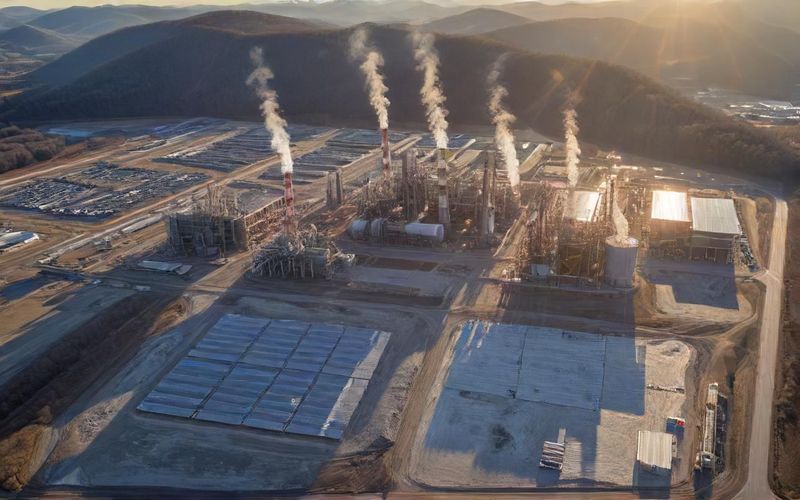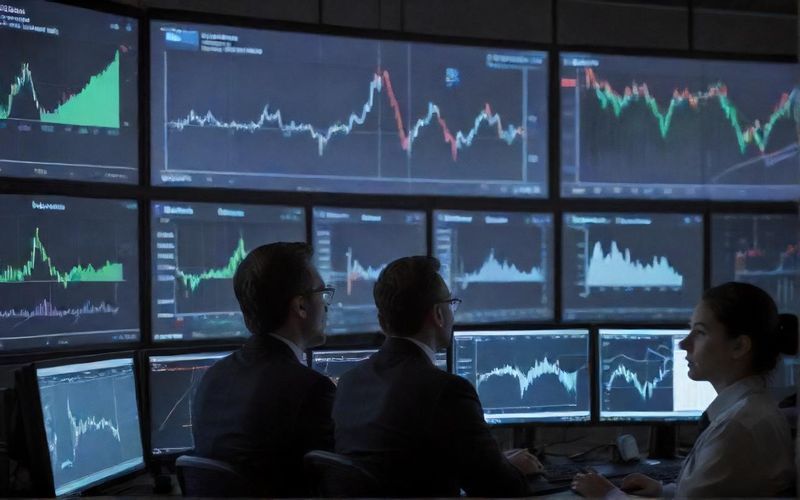Musk Pay Deal: Denholm Defends Tesla's Future

What strikes me is the sheer scale of this proposed incentive. It’s tied to incredibly ambitious milestones, reflecting a bold vision for Tesla’s expansion, from market capitalization goals to advancements in robotics and self-driving capabilities. It’s clear Musk believes his leadership is intrinsically linked to Tesla's success, and he’s not shy about saying so. He’s even gone so far as to describe advisory firms like ISS and Glass Lewis, who have recommended against the package, as "corporate terrorists," highlighting his conviction that their assessments lack understanding of Tesla's unique trajectory.
This situation also brings to mind the broader conversation about executive compensation and shareholder interests. We’ve seen scrutiny of Tesla’s board before, and a previous pay deal for Musk was famously struck down by a Delaware court. It’s a delicate balance, isn’t it? On one hand, you have a leader driving innovation and setting ambitious goals, and on the other, you have the responsibility to shareholders to ensure fair compensation and good governance. Even figures like Jim Cramer, who often delves into the complexities of the market, have weighed in, arguing that Musk is "actually worth it" given his contributions to AI, robotics, and the future of the auto industry. The upcoming shareholder vote will undoubtedly be a pivotal moment, a real test of how these competing interests will resolve.
As Tesla continues to innovate and expand its reach into areas like artificial intelligence with xAI, and even into community development in places like Memphis, the question remains: how do we best incentivize groundbreaking leadership while ensuring accountability and sustainable growth for all stakeholders?









